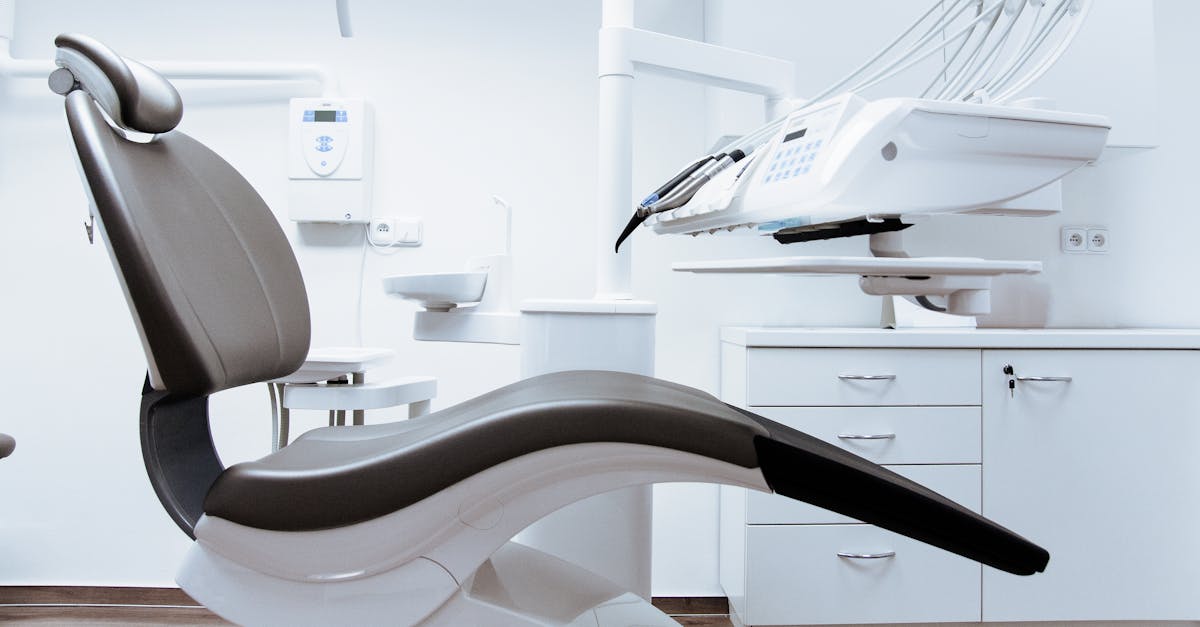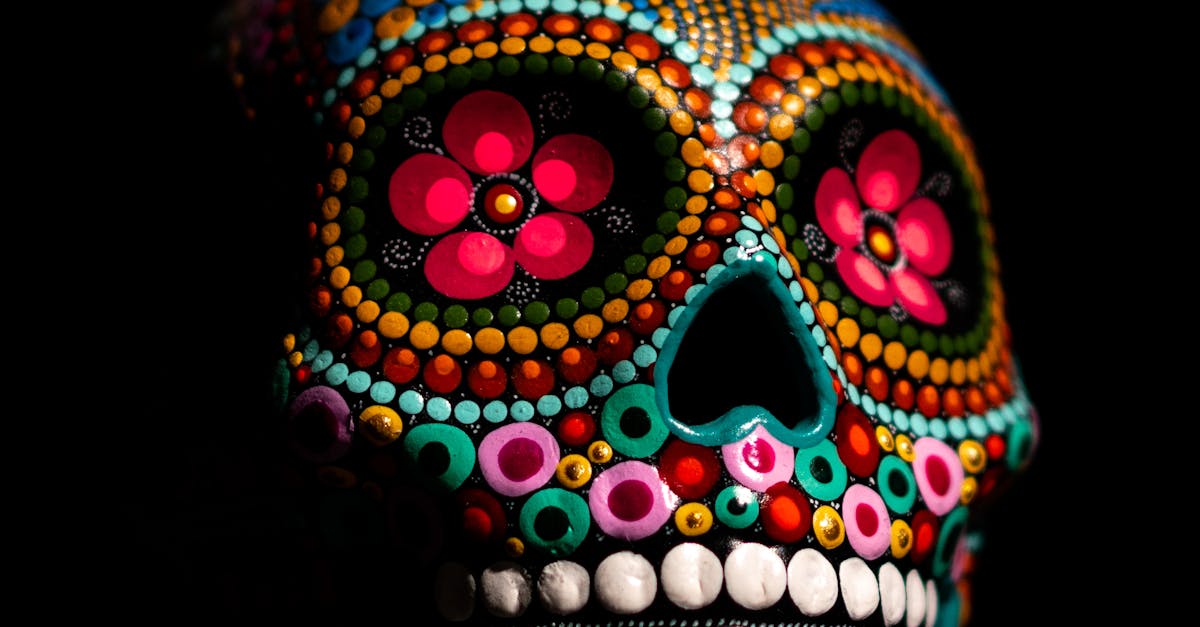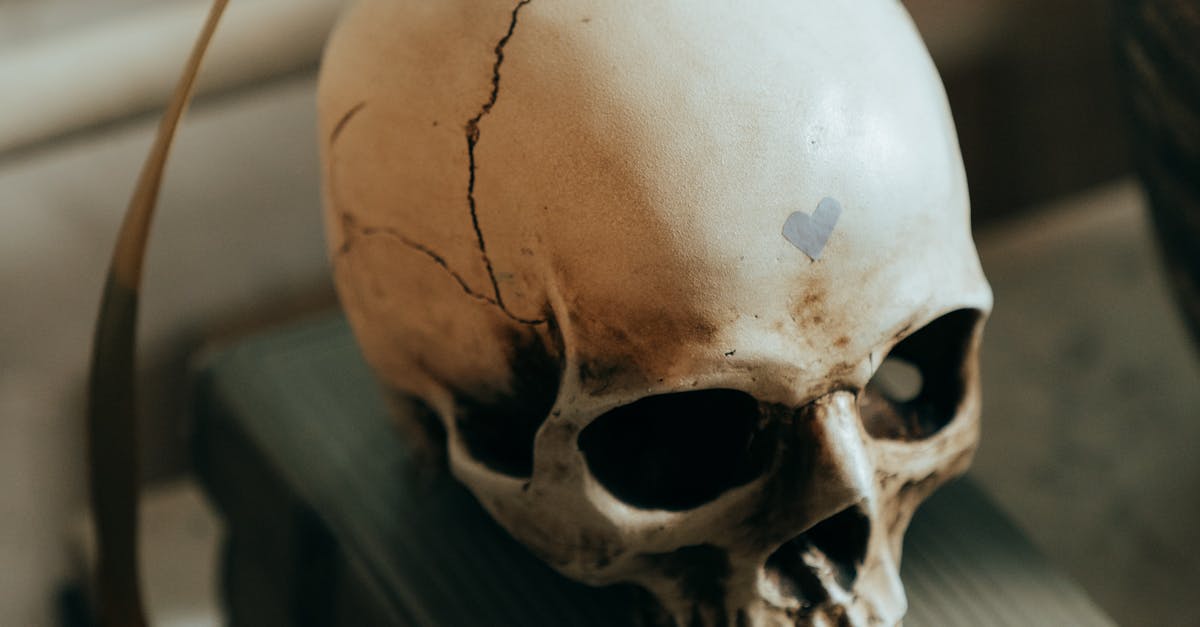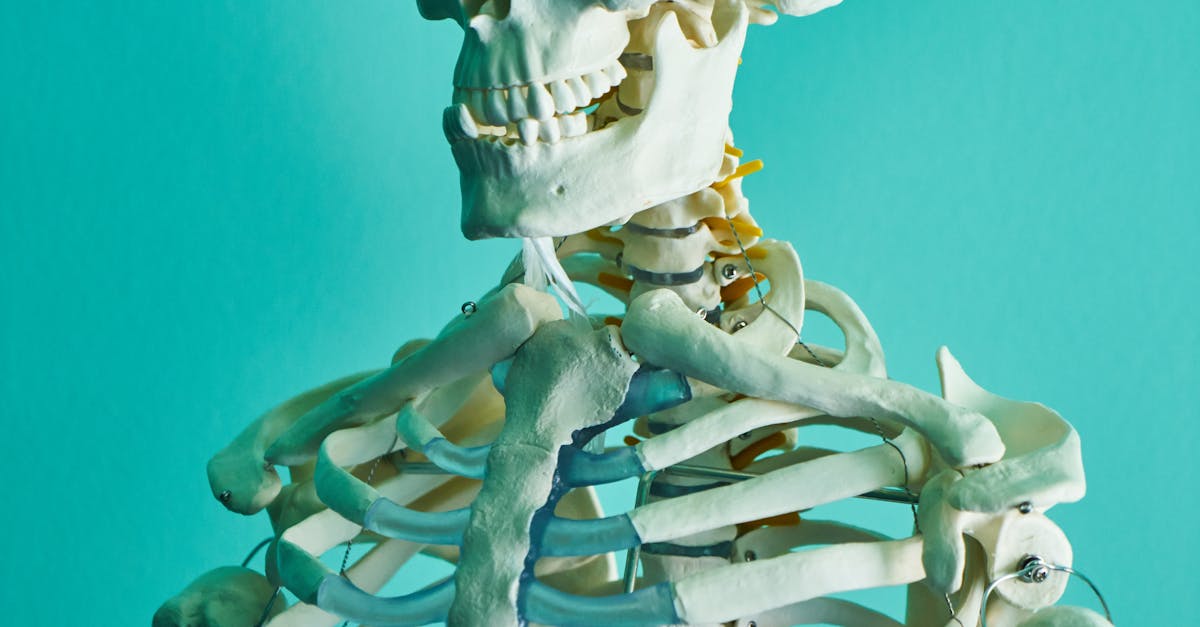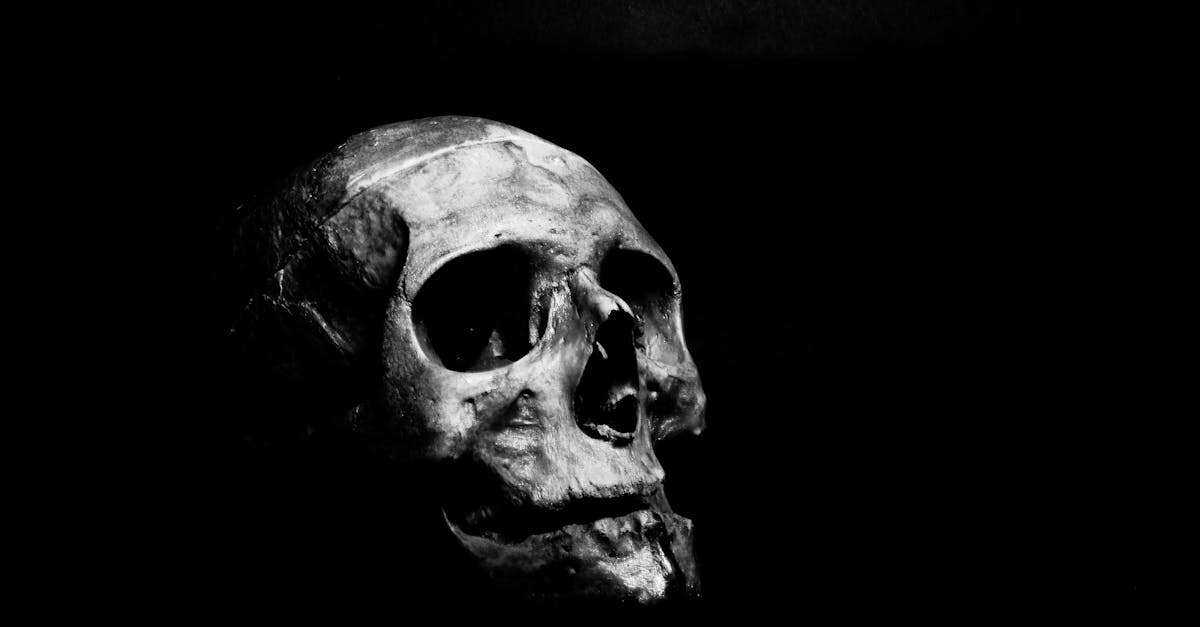
Comparing Costs of Different Types of Dental Bone Grafts
When considering the costs associated with different types of dental bone grafts, it's essential to weigh various factors that can influence pricing. For instance, xenografts and allografts are two common options with distinct price variations. Xenografts, which use bone material from animals, tend to be more cost-effective compared to allografts, which involve human bone donors. However, the choice between the two is often based on factors beyond just the price tag. While the initial cost difference between the two types may be significant, patients should also consider factors like long-term success rates and potential complications.
Bone grafting in Hillcrest, Boise, offers a range of options at varying price points, making it crucial for patients to consult with their dentist to determine the best choice for their specific needs and budget. It's important to remember that while cost is a significant factor in decision-making, quality of care and the expertise of the dental team should also play a central role in the decision-making process. By understanding the costs associated with different types of dental bone grafts and consulting with professionals in the field, patients can make informed decisions that prioritize both their oral health and financial well-being.
Xenograft vs. Allograft
Bone grafting is a crucial procedure in dentistry to restore bone loss due to various reasons like gum disease or trauma. When considering bone graft options, two common types are xenograft and allograft. Xenograft involves using bone material from another species, typically bovine or porcine sources. On the other hand, allograft utilizes human bone, either from a tissue bank or a donor. Both options have their own benefits and considerations. In Hillcrest, Boise, dentists often discuss with patients the advantages and potential risks associated with each type, helping them make an informed decision based on their specific dental needs and budget constraints. Bone Grafting in Hillcrest, Boise, has seen positive outcomes with both xenograft and allograft techniques, highlighting the success rate and patient satisfaction levels achieved with these procedures.
Hidden Costs to Consider with Dental Bone Graft Surgery
Having a dental bone graft procedure can incur expenses beyond the initial cost quoted by the dental provider. Additional costs may include prescription medications to manage pain and prevent infection post-surgery. These medications can add to the overall bill of the procedure. In some cases, patients may also need to invest in special oral care products or tools recommended by the dentist to aid in the healing process, adding to the hidden costs of dental bone graft surgery. For example, a patient undergoing a bone grafting procedure in Hillcrest, Boise, should be prepared for these potential extra expenses.
Furthermore, transportation costs should be factored in, especially for patients who require multiple follow-up appointments with their dentist post-surgery. Whether it is commuting to and from the dental clinic or arranging for a caregiver to drive them, these transportation expenses can accumulate over time. Additionally, taking time off work for the surgery and subsequent appointments may result in lost wages for some individuals, further contributing to the overall expenses of undergoing a dental bone grafting procedure.
PostOperative Care Expenses
After undergoing a dental bone graft, patients need to consider the post-operative care expenses that may add to the overall cost of the procedure. Typically, post-operative care costs for dental bone grafting in Hillcrest, Boise include pain medications, antibiotics, and possibly special mouth rinses. Additionally, some patients may require follow-up appointments with their dentist to monitor the healing process, which can incur additional fees.
It is essential for patients to factor in these post-operative care expenses when budgeting for a dental bone graft. Ensuring that there are funds available to cover any medications, additional appointments, or unforeseen complications can help alleviate financial stress during recovery. Patients should discuss these potential costs with their dentist to gain a better understanding of what to expect throughout the post-operative period following bone grafting in Hillcrest, Boise.
Negotiating Dental Bone Graft Costs with Your Dentist
Negotiating dental bone graft costs with your dentist can be a crucial step in managing the financial aspect of your dental procedure. Before agreeing to any specific costs, it is essential to have a transparent discussion with your dentist regarding the total expenses associated with the bone grafting process. Clearly understanding what is included in the initial cost estimate can help prevent any surprises later on and enable you to make an informed decision about your dental care. When inquiring about bone grafting costs, be sure to ask for a detailed breakdown that outlines expenses such as consultation fees, anesthesia, materials, and post-operative appointments. Remember that being well-informed can empower you to navigate the financial aspect of Bone Grafting in Hillcrest, Boise confidently and proactively.
Payment Plans and Financing Options
When considering the costs associated with dental bone graft surgery, it is essential to explore various payment plans and financing options available to help manage the financial burden. Many dental offices offer payment plans that allow patients to spread out the cost of the procedure over a period of time, making it more manageable for those on a tight budget. In addition, some dentists may work with financing companies that specialize in medical procedures to provide patients with low-interest or interest-free financing options. By discussing these options with your dentist, you can find a solution that fits your financial situation while still receiving the necessary treatment for your oral health. Bone Grafting in Hillcrest, Boise.
FAQS
How much does a dental bone graft typically cost in the US?
The cost of a dental bone graft in the US can vary depending on the type of graft needed, the complexity of the procedure, and the location of the dental clinic. On average, prices can range from $300 to $3,000 per graft.
What factors can influence the cost of a dental bone graft?
Several factors can impact the cost of a dental bone graft, including the type of graft material used, the size of the graft needed, the experience of the dental professional, the geographic location of the clinic, and any additional procedures required.
Are there different types of dental bone grafts, and do they vary in cost?
Yes, there are different types of dental bone grafts, such as xenografts and allografts, which can vary in cost. Xenografts, using animal-derived bone, tend to be more affordable compared to allografts, which use human donor bone.
Are there hidden costs to consider with dental bone graft surgery?
Yes, in addition to the initial cost of the bone graft procedure, patients should also consider hidden costs such as post-operative care expenses, follow-up appointments, prescription medications, and any complications that may arise.
Can I negotiate the cost of a dental bone graft with my dentist?
It is possible to negotiate the cost of a dental bone graft with your dentist, especially if you have insurance coverage or are willing to explore payment plans and financing options. Discuss your financial concerns openly with your dentist to explore available alternatives.
